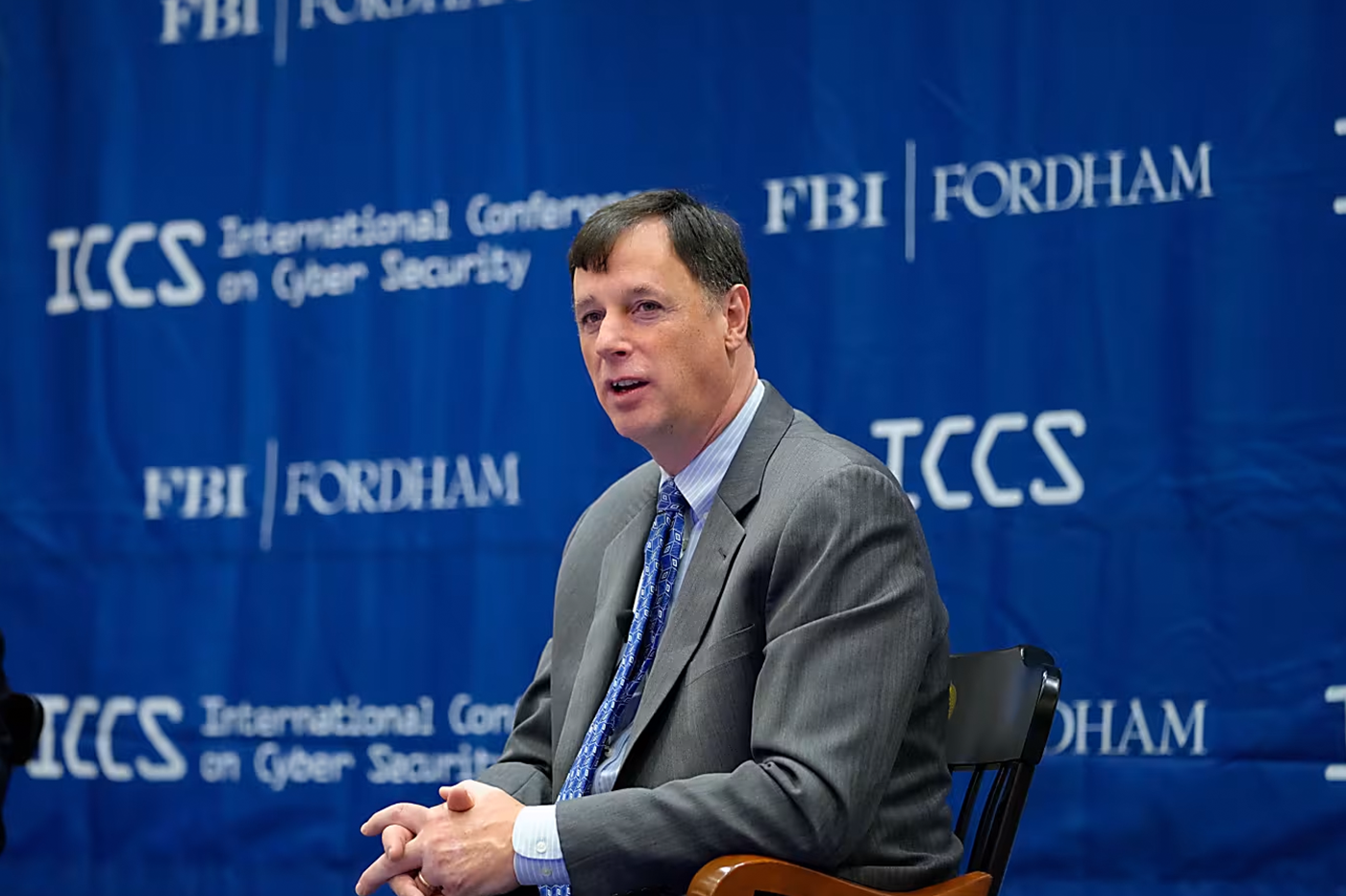The investment comes as companies grow increasingly concerned about nation-state hacks
Cyber intelligence company Strider Technologies has raised $55 million in Series C financing as companies seek help in coping with a rise in nation-state hacking.
Pelion Venture Partners led the funding round with Managing Partner Blake Modersitzki joining Strider’s board of directors as part of the deal.
Existing investors DataTribe, Cyfr Capital and Valor Equity Partners also participated in the round, along with AXA Venture Partners.
Salt Lake City, Utah-based Strider analyzes open-source intelligence, known as OSINT. The publicly available data includes news articles, web posts, blogs, social media and other content to derive insights into cyberattacks, hacker tactics and other security threats. The company, which has more than 180 employees and clients in 10 countries, specializes in nation-state activity.
“Just in the past three years, there has been more data created online than in all of human history, and so we view that as a tectonic shift [in intelligence gathering],” said Greg Levesque, chief executive of Strider.
Levesque co-founded Strider in 2019 with his brother, Chief Operating Officer Eric Levesque, and Chief Data Officer Mike Brown. With the Series C round, the company has raised $110 million in venture funding. It plans to use the round to fund research and development in areas such as artificial intelligence.
Strider is building a large language model designed to rapidly digest threat information and respond to queries from cyber analysts. The model hasn’t been rolled out to customers but is in use in-house. Levesque, formerly a consultant at political risk adviser Crumpton Global who worked on China-related issues for U.S. government programs, said the aim is to produce a specialized LLM tailored to geopolitical risk to free up people for deeper intelligence work.
“That’s so the analyst human can actually begin working on the ‘So what?’ and ‘What to do?’ rather than spending eight months combing through it just to figure out what the hell’s going on,” he said.
Strider also plans further international expansion. It opened an office in Tokyo this month. Japan is the company’s fastest-growing international market.
The company is one of several to emerge in recent years combining technology with spycraft learned in government service or law enforcement. Effectively private intelligence agencies, they are often led by National Security Agency, Secret Service, Federal Bureau of Investigation and Central Intelligence Agency alumni.
Data analytics company Palantir Technologies, for example, supplies technology and data tools to the U.S. government. Cybersecurity company Huntress, which raised $150 million in a Series D round in June, also analyzes OSINT.
The demand for these services, which can range from assessing insider risk posed by employees to counterintelligence work on the darknet, is rising as nation-state-backed hackers ramp up attacks on U.S. critical infrastructure.
“Nation-state threats are not just a government issue,” said Modersitzki. “They’re a global issue for corporations, even all the way down to individuals.”
U.S. law enforcement and government officials in recent months have warned of increased attacks by hackers supported by China, Iran, North Korea and Russia. Geopolitical risk with cyber dimensions has also increased with wars in Eastern Europe and the Middle East, and tensions in the Taiwan Strait.
Private companies have also faced infiltration by foreign agents, where employees have pretended to be based in the U.S. but are actually in countries such as North Korea.
Write to James Rundle at james.rundle@wsj.com
Corrections & Amplifications
AXA Venture Partners is an independent company, backed by the insurer AXA. An earlier version of this article incorrectly described AXA Venture Partners as AXA’s investment arm. (Corrected on Sept. 13)





